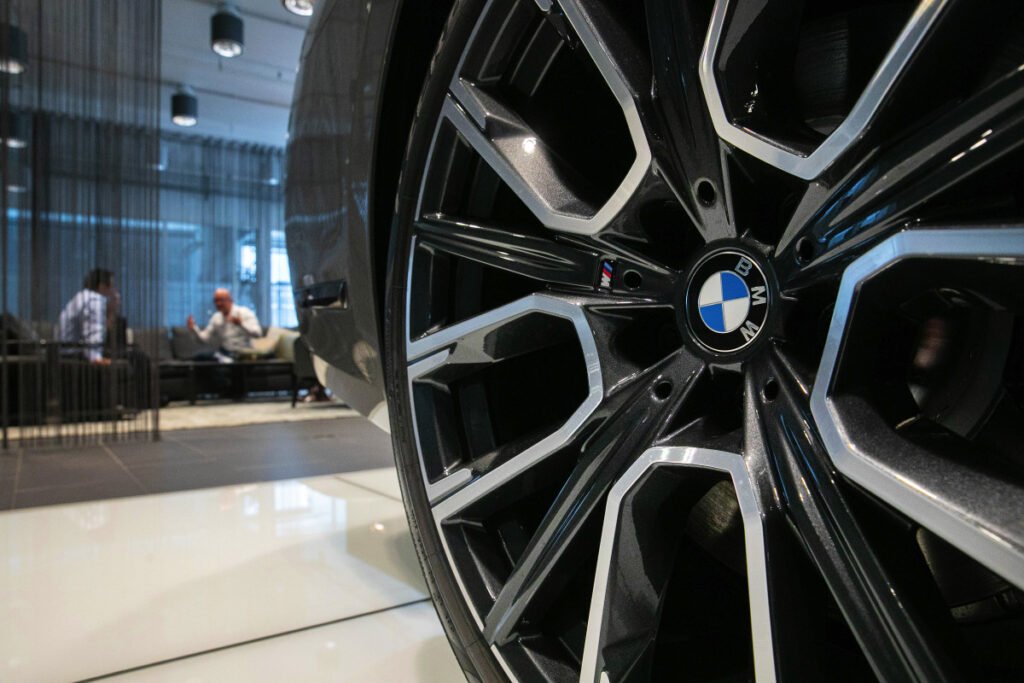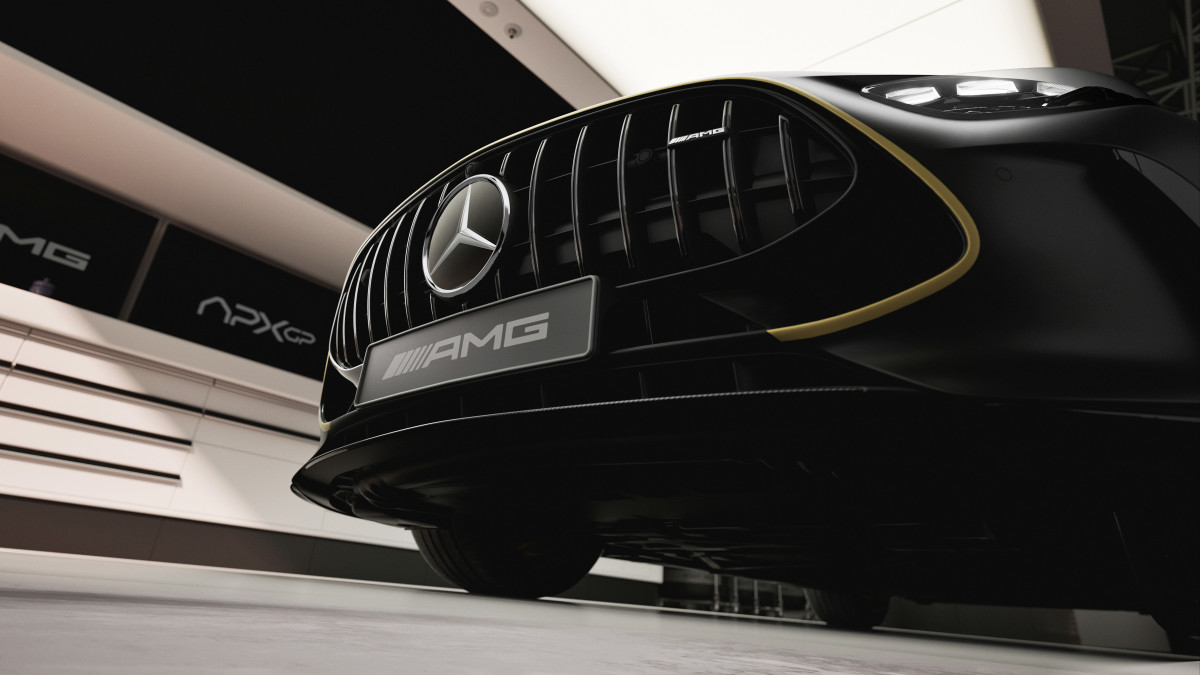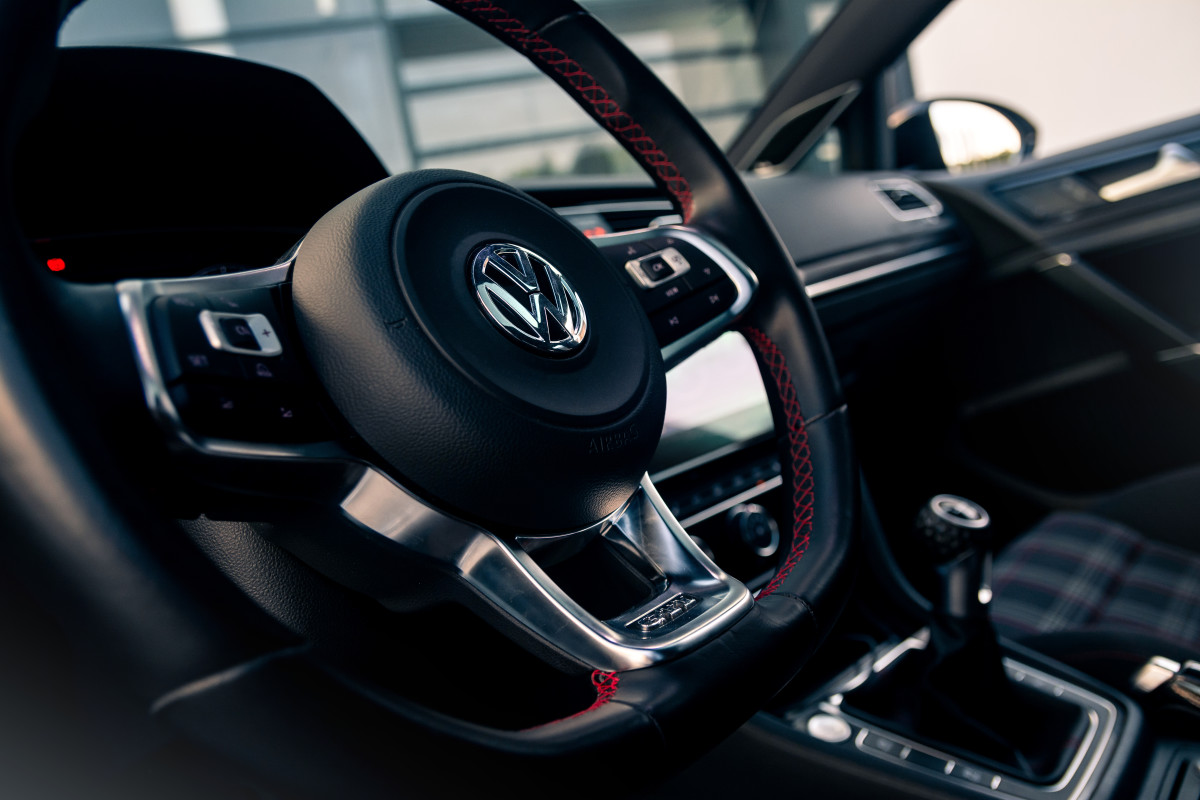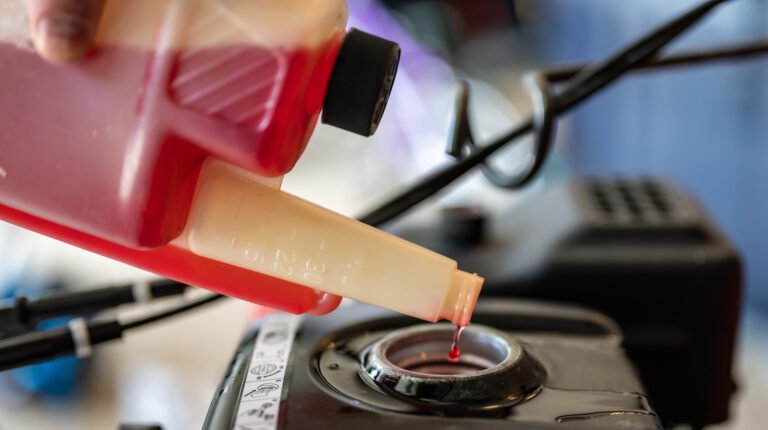
Germany’s automakers could reach a tariff deal by early June
Volkswagen, Mercedes-Benz, and BMW are leading talks with Washington over a tariff deal involving German automakers receiving credits for vehicles they export from America to other countries, which would lower or offset the tariffs on cars they import into the U.S. from Germany. America is the European Union’s (EU) fifth-largest vehicle export destination after China, Japan, Britain, and Turkey, according to Reuters, but the U.S. is the largest export destination for German cars. Mercedes-Benz is expanding its U.S. production by manufacturing its GLC SUV at its Alabama plant starting in 2027, BMW is considering adding shifts at its Spartanburg plant in South Carolina, and Volkswagen’s Audi mulls over producing some vehicles in the U.S.—a plan predating the Trump administration. Germany’s leading automakers are aiming for talks with the U.S. Department of Commerce to result in a tariff deal in June.

Mercedes-AMG
Germany already has a relatively sizable U.S. auto production presence
The potential new and current investments that the Commerce Department is reviewing from German automakers are worth billions of dollars. BMW CEO Oliver Zipse said that the manufacturer’s Spartanburg plant supports 43,000 jobs and contributes over $26 billion yearly. While many European automakers withdrew their 2025 financial forecasts, BMW is backing its March projections alongside Ferrari, which also stood by its 2025 earnings forecast. However, BMW’s decision to stick with its 2025 guidance is partially based on the idea that some tariffs will go into reverse from July at the latest. BMW finance chief Walter Mertl said: “We are noticing that things are moving, developing, and being negotiated everywhere. Accordingly, our reading, based on all the networks that we have at our disposal, is that we assume that something will change in July,” Just Auto reports. The German automaker’s 2025 outlook includes earnings on par with 2024 and an operating margin in the car segment of 5-7%, according to Reuters.
The head of Germany’s auto lobby, Hildegard Müller, highlighted in an interview with Politico that Germany produces about 840,000 vehicles annually within the U.S. for both the American market and exports, with 140,000 total employees. In addition to BMW’s Spartanburg plant, Mercedes-Benz’s Tuscaloosa, Alabama factory has been operating since 1997, resulting in approximately four million vehicles produced. Volkswagen’s Chattanooga plant, which opened in 2011, built 175,000 cars in 2023. Müller also pointed out that building a U.S. automotive plant, even if you’re quick, takes one or two years, and companies are losing money fast. U.S. tariffs are causing manufacturers like BMW to lose $11.3 million daily and impacting about €67 billion ($76 billion) of EU automotive exports, Euronews reports.

Volkswagen
Final thoughts
Automakers like Volkswagen, BMW, and Mercedes-Benz are pushing for a U.S. tariff deal with the selling point that German automakers receive credits based on the number of vehicles Germany produces in America to reduce the two countries’ car market trade deficit. However, if the tariffs stay in place, powerful voices in the automotive industry, like Hildegard Müller, noted that these policies can lower the pressure that U.S. car manufacturers face to be innovative, weakening their international competitiveness in the medium term.

